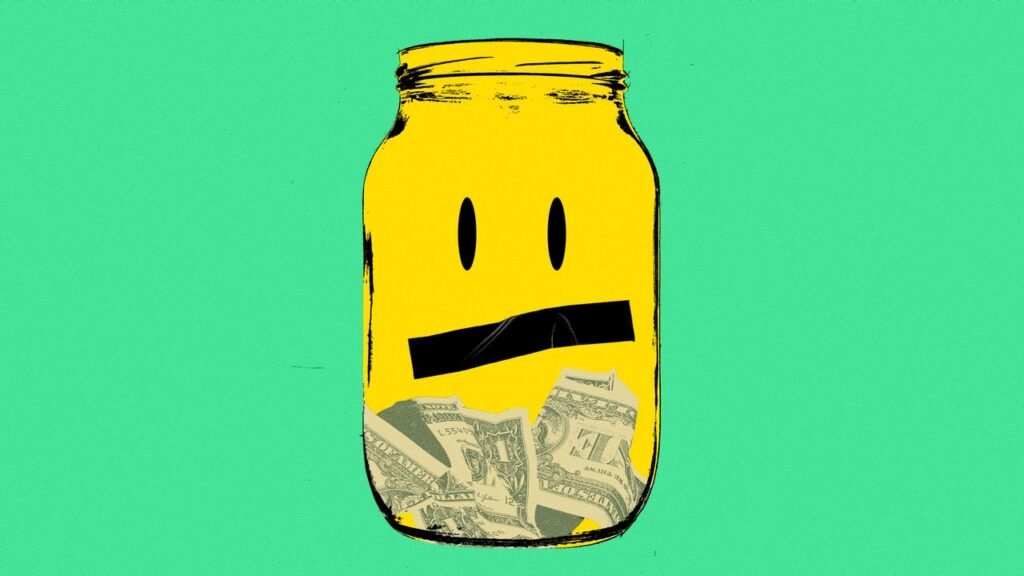On July 4, the One Big Beautiful Bill Act was signed into law, restructuring, among other monumental changes, the way tips would be taxed for service workers. The law is the fulfillment of a campaign promise President Trump made nearly exactly a year prior in a campaign speech in Las Vegas on July 9, 2024. “For those hotel workers and people that get tips, you’re gonna be very happy,” he said at the time. “Because when I get to office, we are going to not charge taxes on tips.”
Although it’s colloquially referred to as “no tax on tips,” the legislation isn’t as straightforward as simply eliminating all taxes on gratuities. Section 70201 of the new law states, “There shall be allowed as a deduction an amount equal to the qualified tips received during the taxable year that are included on statements furnished to the individual.”
But “there’s a limit of how much in tips you can deduct for purposes affecting income tax—it’s up to $25,000,” explains Garrett Watson, director of policy analysis at the Tax Foundation, a nonpartisan tax-policy-focused think tank. There are income restrictions on the deduction too. “If you have income above $150,000 if you’re single, or $300,000 if you’re filing jointly, the value of this deduction phases out,” Watson says.
The idea of a tip-based tax deduction received widespread support from both sides of the aisle—Kamala Harris endorsed the policy on the campaign trail as well—but now that it’s law, how might it impact servers? The tipping system has been in the spotlight in recent years, criticized for its racist foundations, and increasingly unpopular with diners who have begun to feel tip fatigue. This new legislation is positioned as a step forward for a system that’s long needed improvements. Could it have a significant impact on servers’ and bartenders’ finances, or is it all smoke and mirrors wrapped up in a shiny populist talking point?
Lessening the tax burden on tipped workers looks good on paper, but the research shows that the effect will be relatively limited. Research from the Tax Policy Center shows 40% of households with tipped workers would receive no benefit at all. On average, the same report concluded that tax savings would come out to $1,800 a year, or $35 a week.
For some servers, any savings is a boon. “Every dollar goes far,” says Louis Leffler, a server in Denver. “It helps me give my kid a music class, or a swimming class.”
How the Restaurant Industry is Responding to “No Tax on Tips”
Restaurant industry advocates have other concerns. Saru Jayaraman, president of One Fair Wage, a national nonprofit that advocates for the abolition of the subminimum wage, calls the “no tax on tips” law a red herring. Many tipped workers, she says, don’t earn enough money to have to pay federal income tax. Data from the Yale Budget Lab, a nonpartisan policy research center, support Jayaraman’s position. According to a June 2024 report, 37% of tipped workers had incomes low enough that they faced no federal income tax in 2022. The same report estimates that just 2.5% of the workforce is in tipped occupations. Both figures suggest untaxed tips would have limited benefits for tipped workers and certainly for the broader American workforce.
And while the bill holds very limited benefits for tipped workers, it also lays out major cuts to both SNAP and Medicaid benefits, both social services that restaurant workers in particular must lean on, according to a recent report from One Fair Wage. SNAP faces $186 billion in funding cuts, while Medicaid will be cut by nearly $1 trillion.


